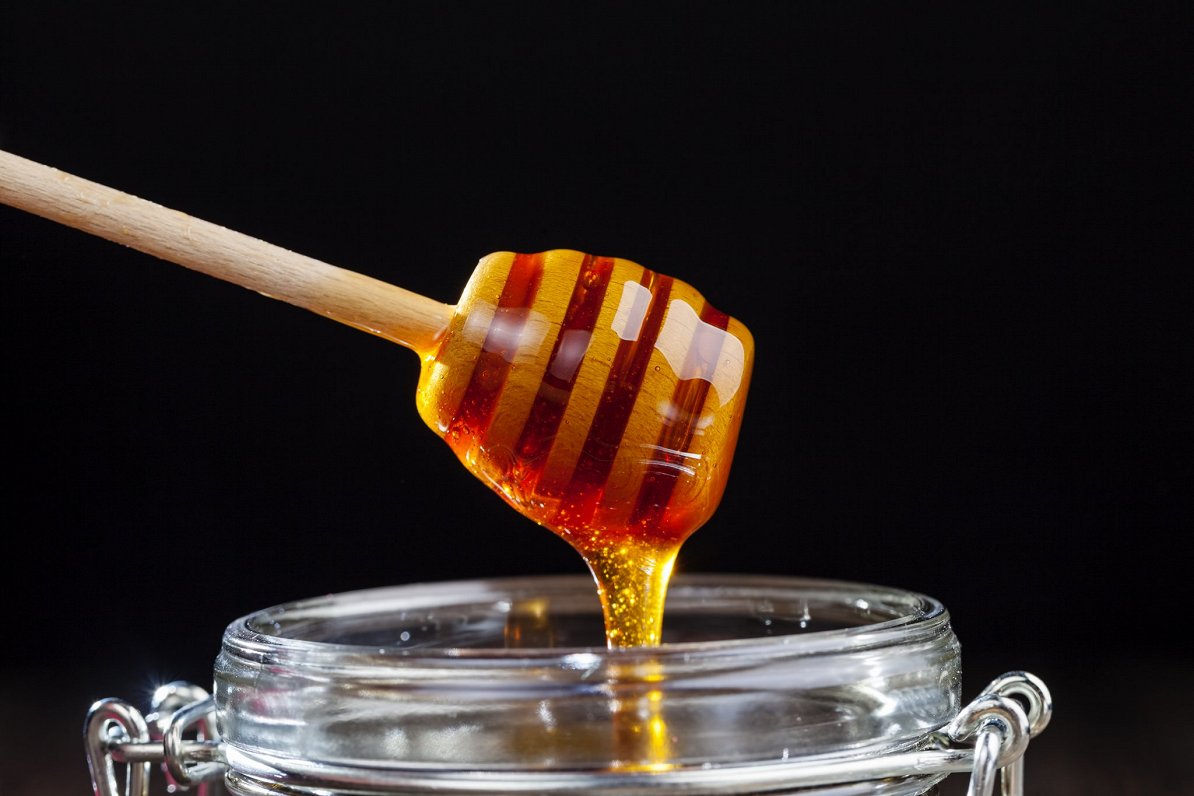As explained by the PVD, extraneous sugars are sugars that are not characteristic of natural honey, such as mannose, as well as other indicators that are not characteristic of natural honey. However, the Cabinet of Ministers’ Regulation “Quality, Classification and Additional Labelling Requirements for Honey ” states that honey is a natural, sweet substance produced by bees and that no other food ingredients, including sugars, may be added to honey.
Products containing extraneous sugars are not harmful to human health but should not be called honey, and this information should be reflected in the product labelling, the PVD said.
On the basis of the results of laboratory tests, it has been decided to suspend the distribution of the following products until further decisions are taken:
“Dažādu ziedu medus” – lot 2411121-34, country of origin China, sampled at the “Mere” store;
“Liepziedu medus” – lot L265, produced for Rimi, origin European Union (EU) and non-EU honey, sampled at a Rimi store;
Korio honey 700 g – batch LNL70020241217, honey of EU and non-EU origin, sampled in Citro stores;
Korio honey 500 g – lot LNS50020250102, honey of EU and non-EU origin, sampled at Citro stores;
mixed honey ‘Favorit’ – lot LMF37020241010, honey of EU and non-EU origin, sampled at Maxima.
A total of 13 honey samples taken in different sales outlets in Latvia were laboratory tested. The checks were carried out following information provided by Latvian beekeepers on possible non-compliance of honey with the requirements of the regulatory framework.
Select text and press Ctrl+Enter to send a suggested correction to the editor
Select text and press Report a mistake to send a suggested correction to the editor
Tell us about a mistake
